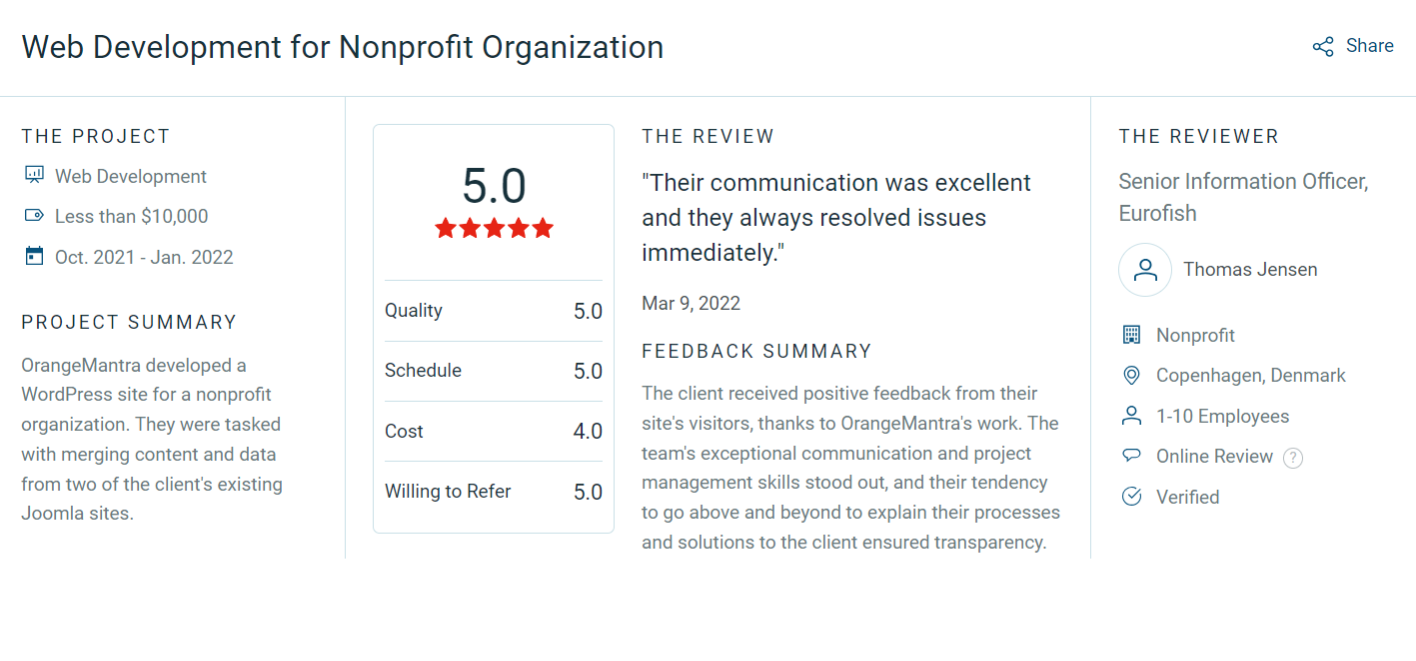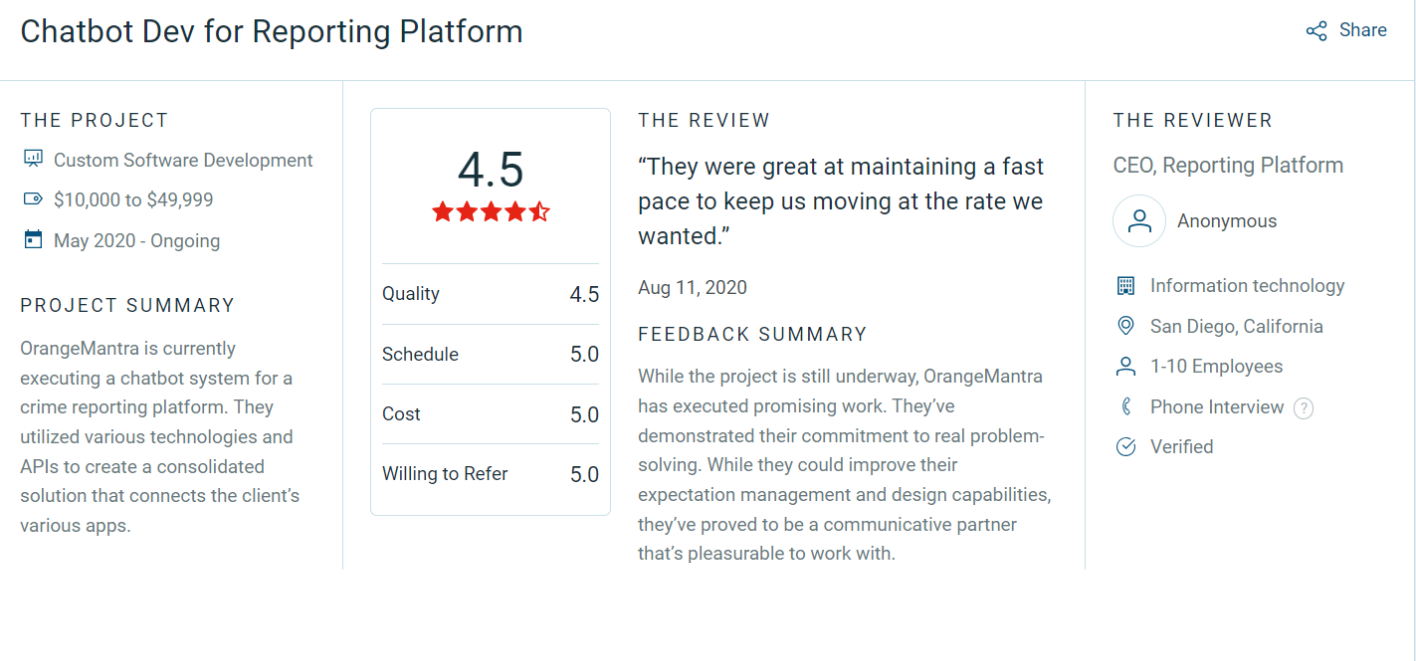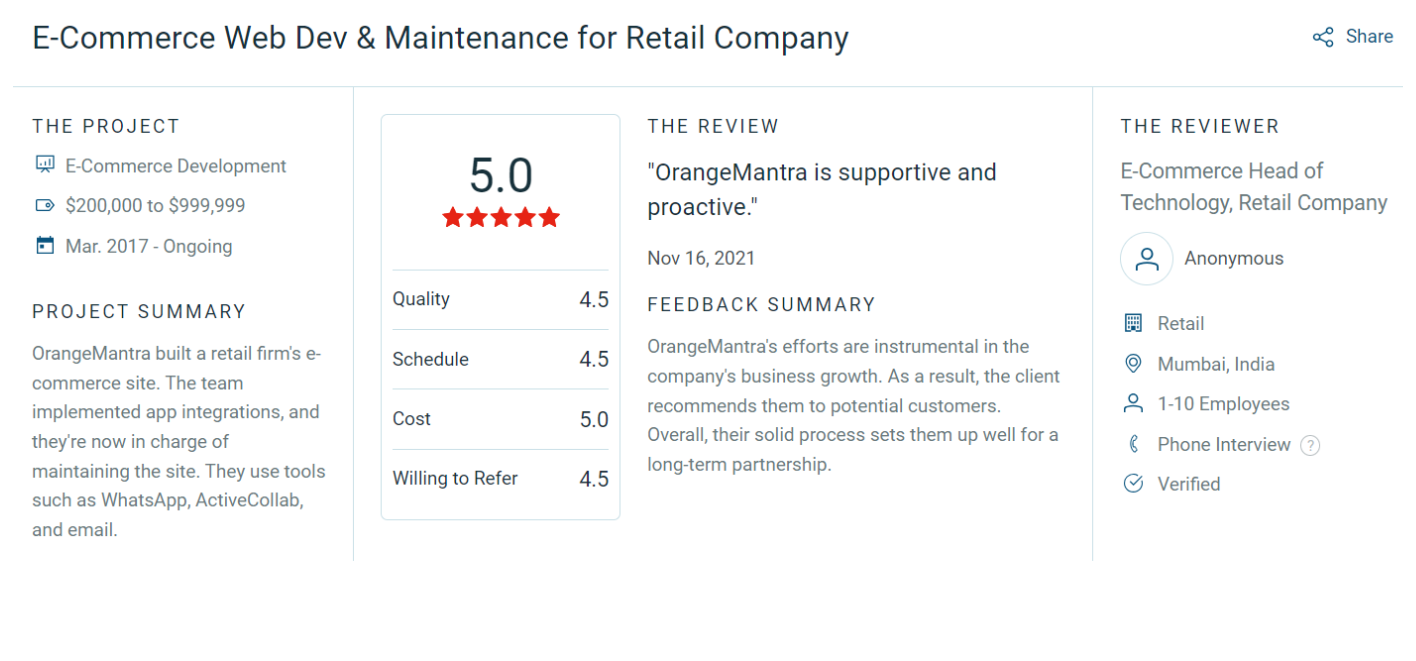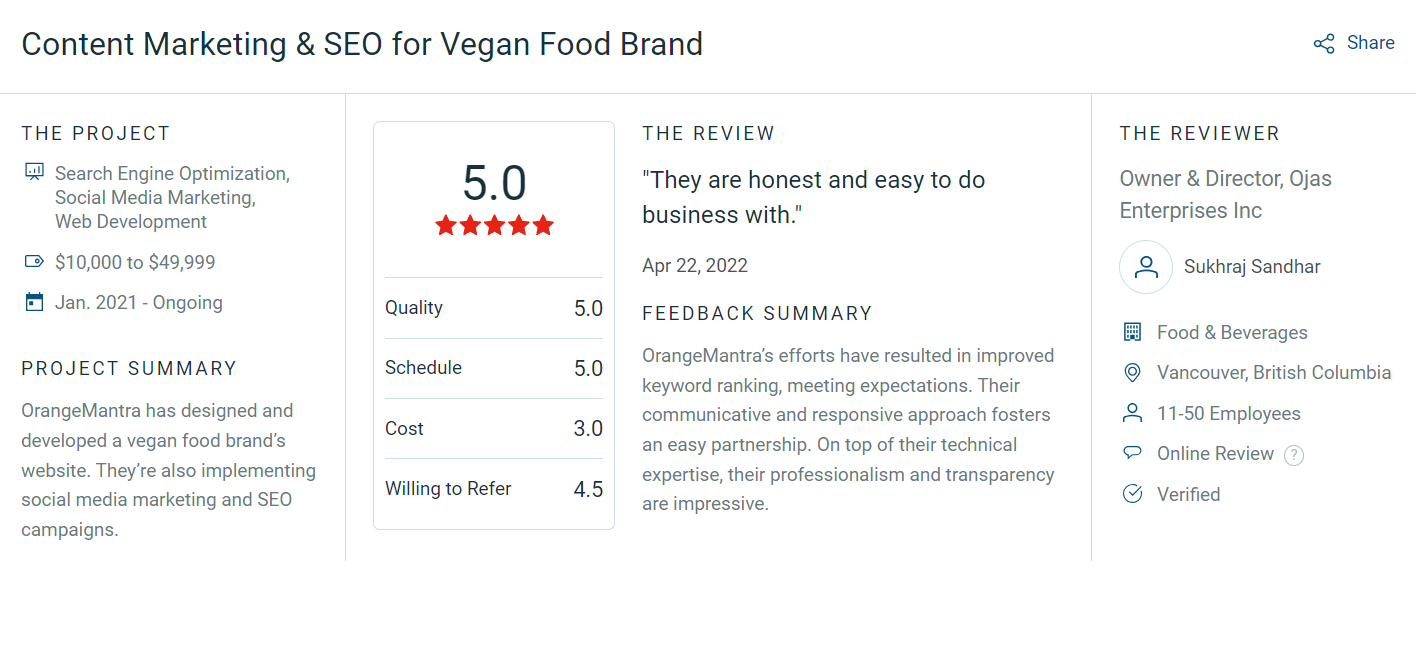The Problem
Due to the diversity of product categories, the company was facing challenges in properly managing the product information across channels. Online sales of the company reported substantial growth during the pandemic. The eCommerce operations team was unable to handle the massive growth. The shopping experience for customers faced strain mainly due to inconsistency in the product information. The company was using Shopify eCommerce solutions. And the current platform lacked support for managing product information at a larger scale. Diverse Product Range: The client offered a wide range of cosmetic products, resulting into major challenges in maintaining consistent product information. Multi-Channel Sales: The client has both physical stores and an e-commerce platform, making it difficult to update product information across different channels in real-time. Supplier Collaboration: Connecting with different suppliers and manufacturers ended into delays, and challenges in updating product information in a proper manner. Time-to-Market: The changing cosmetic industry needed client to regularly introduce latest products, share discounts, update pricing, and eliminate outdated items. This is possible with an efficient product information management system.











